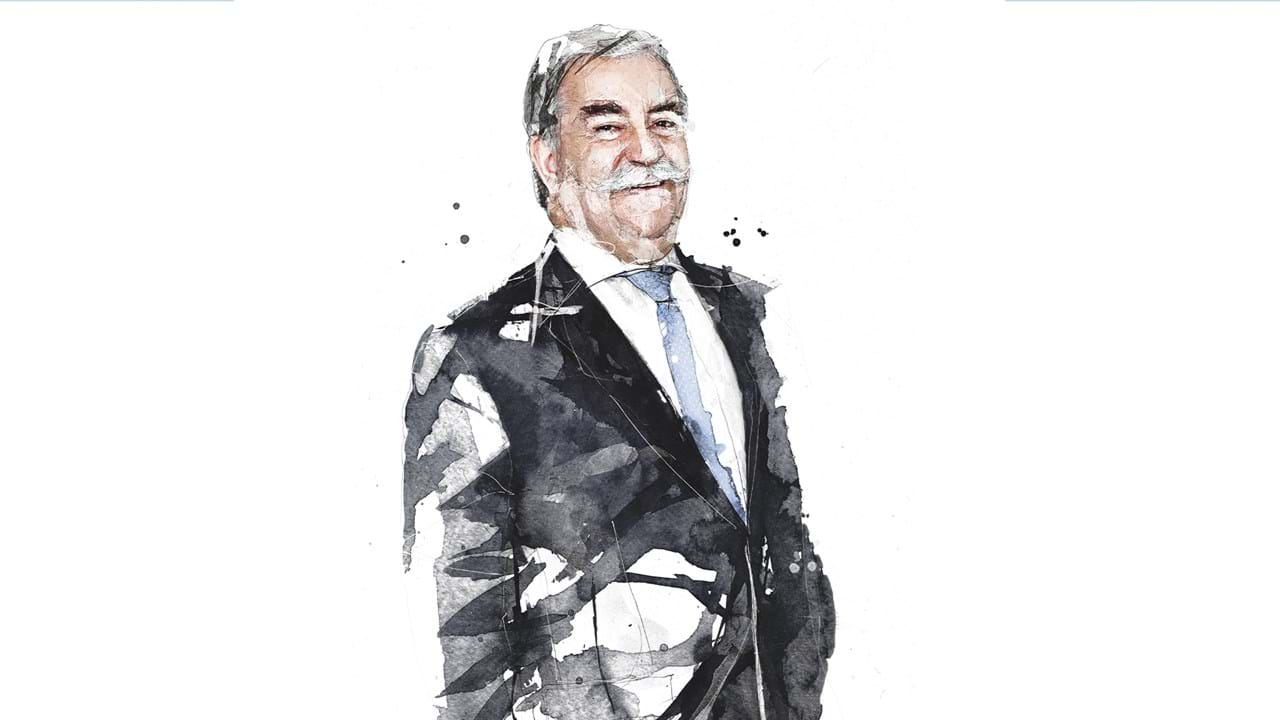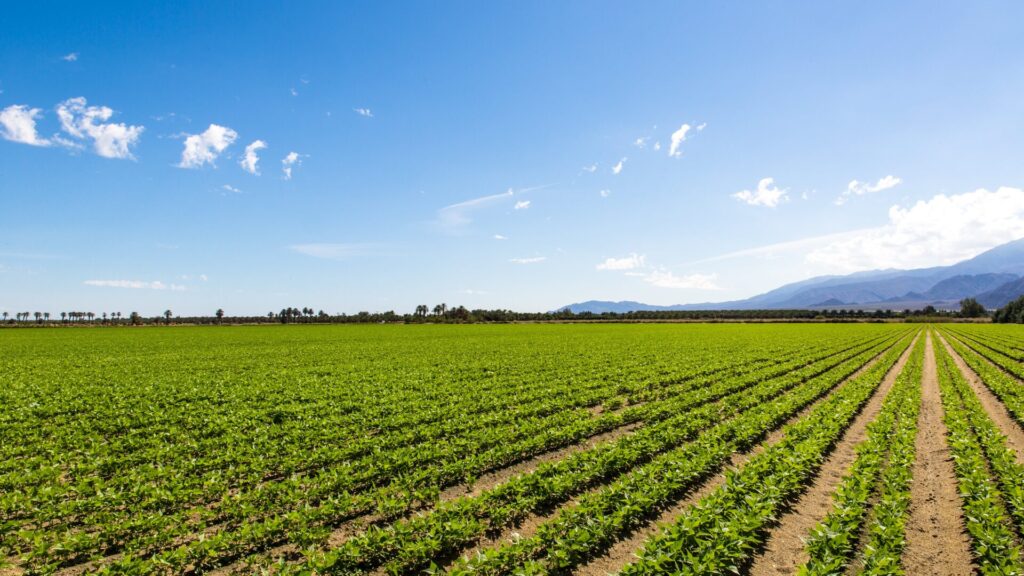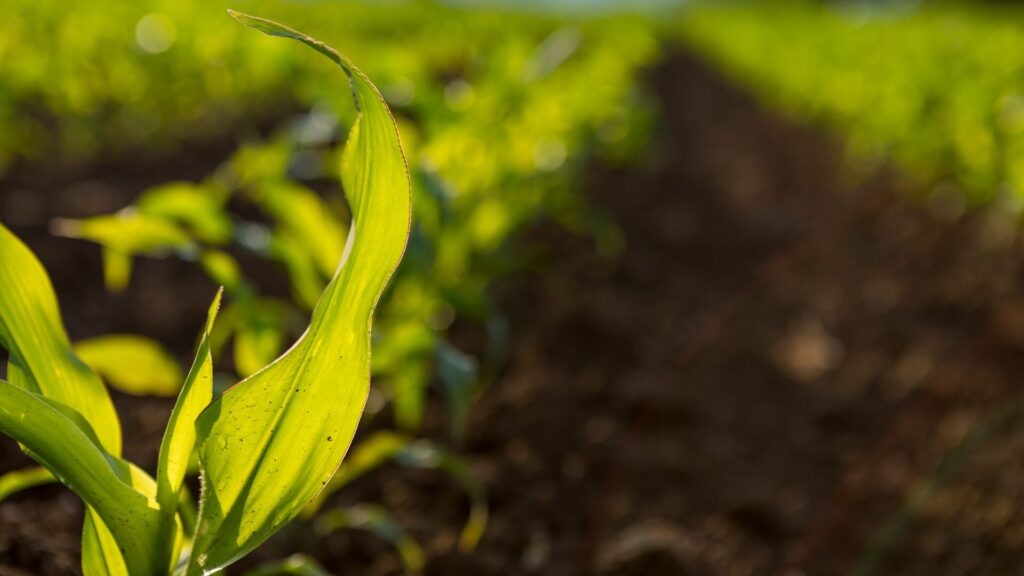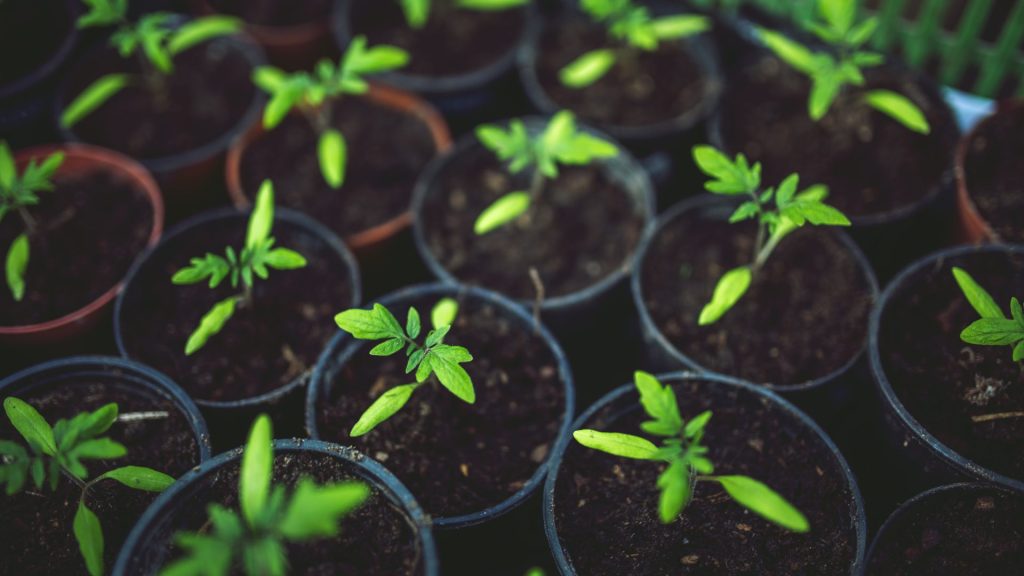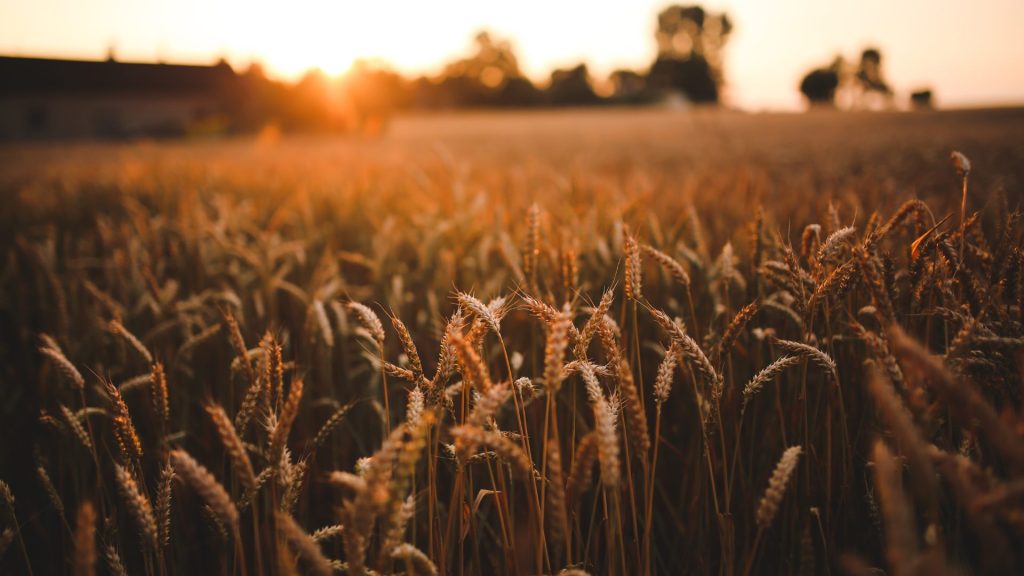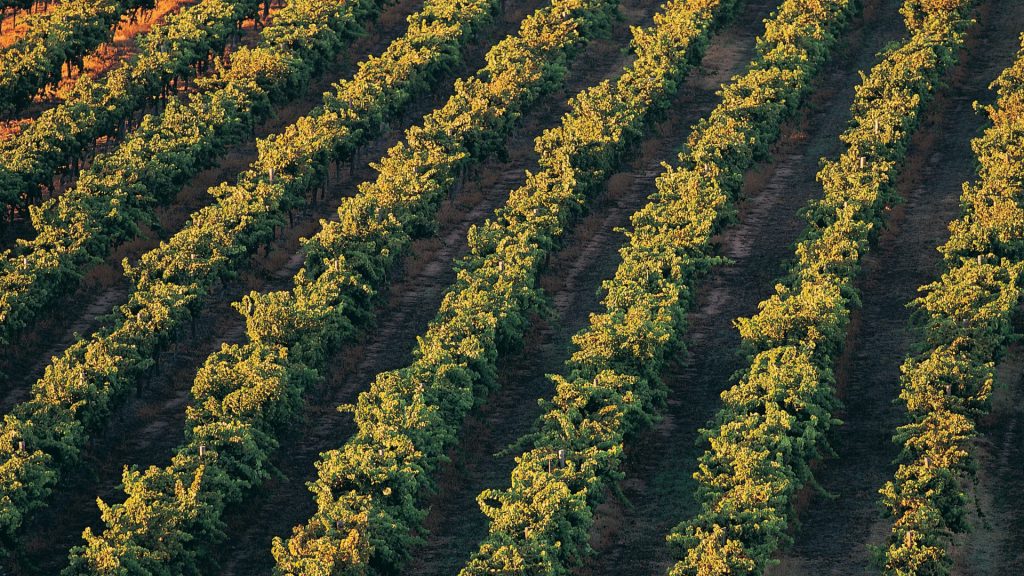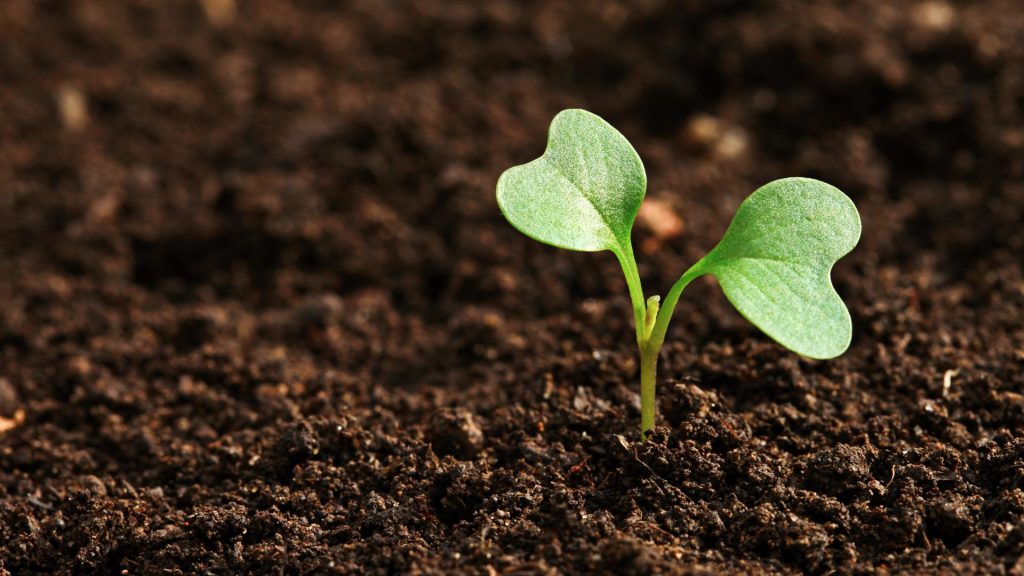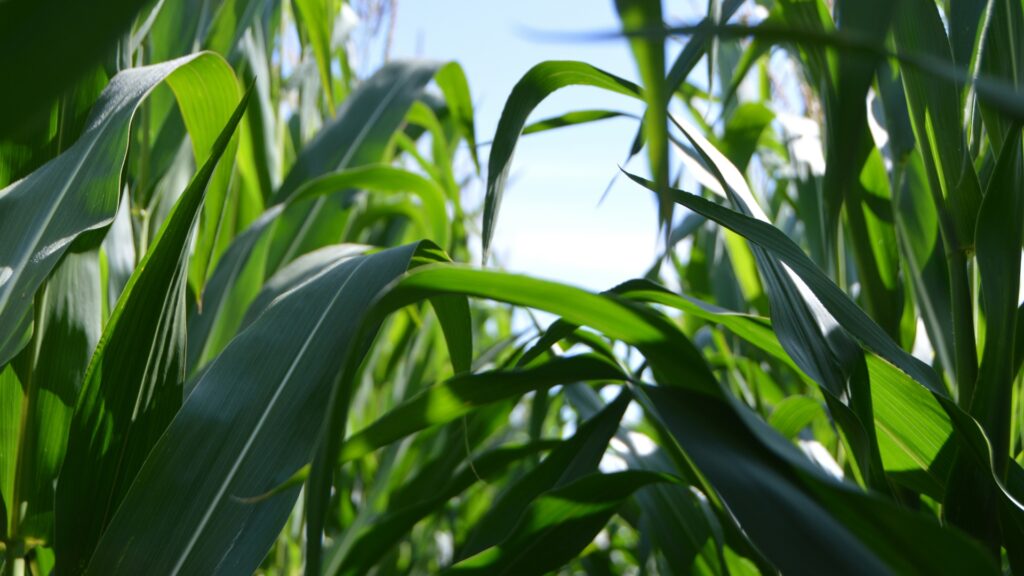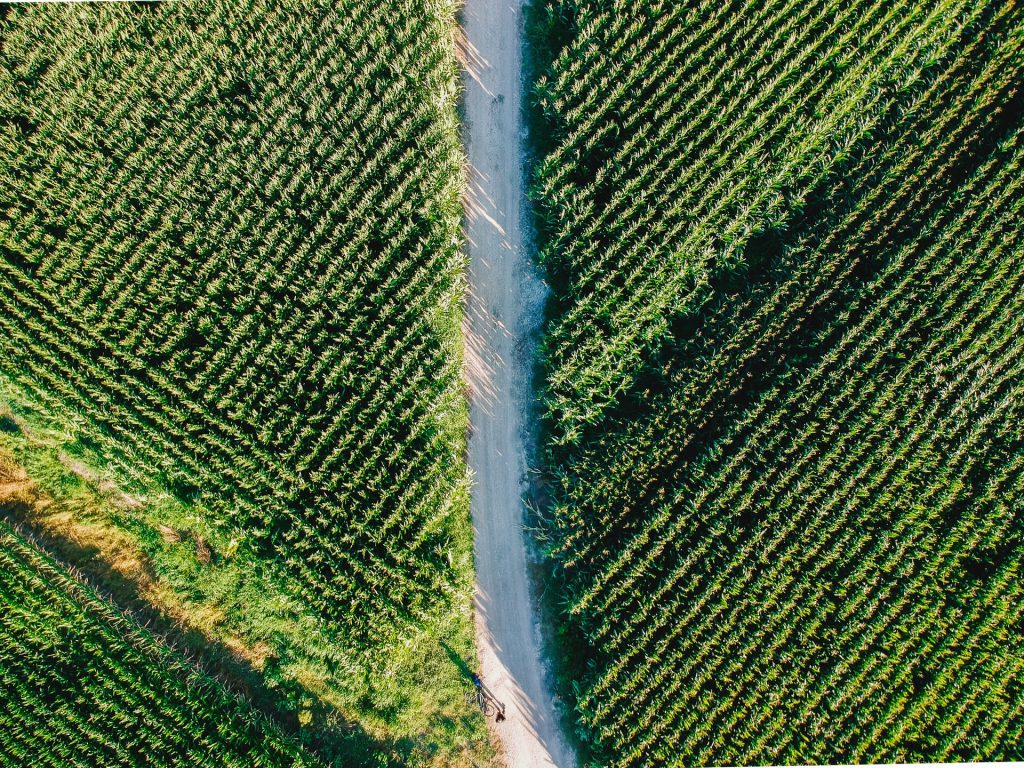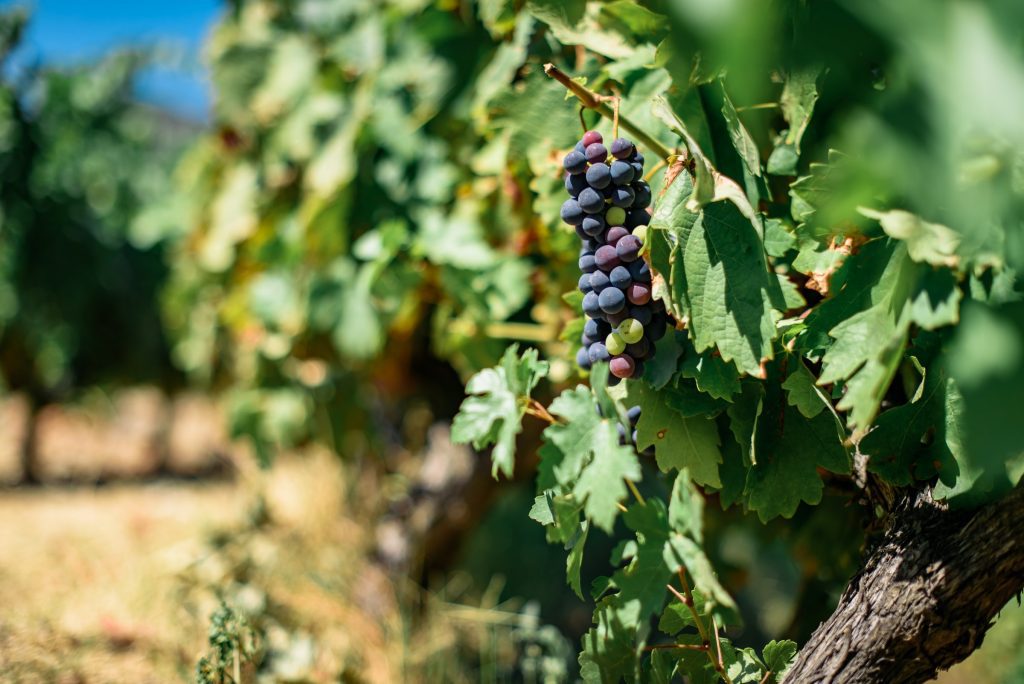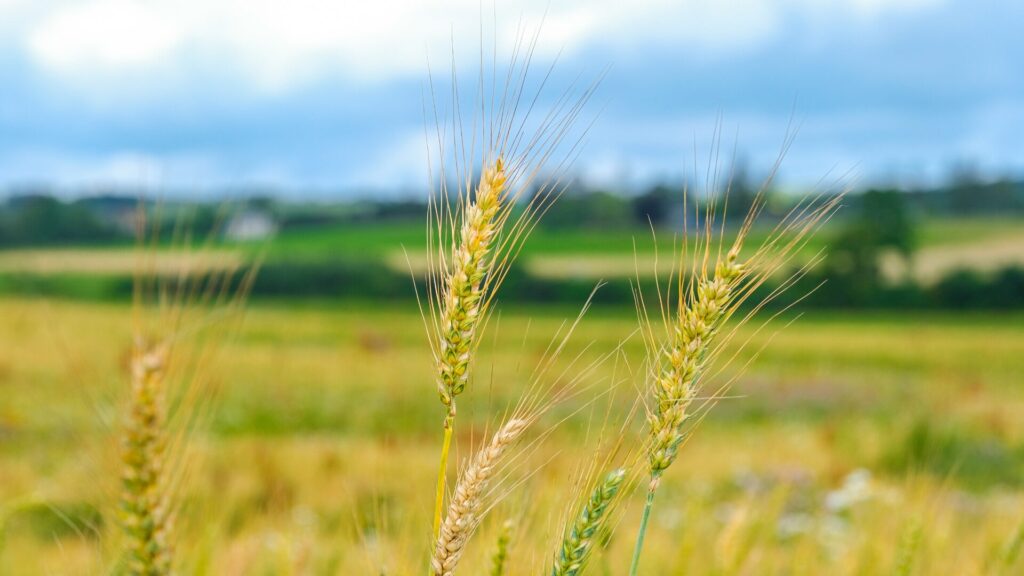17.02.2025
Industries: Agrofood
Legal Field | 1 – 15 February
AGRIFISH Council of 24 February: Preview
The Council will discuss rural proofing, the practice of reviewing policies from a rural perspective to ensure that they are fit for purpose for the people who live and work in those areas
Ministers will also discuss how to better integrate rural development into EU strategies and funds and how to take into account the needs and challenges of rural areas.
On the basis of information from the European Commission and the Member States, the Agriculture Ministers will also discuss the situation of the agricultural and commodity markets, a recurring theme on the Council’s agenda.
European Commission: Vision for agriculture and food to be presented on 19 February
The European Commission adopted the 2025 Work Programme on 11 February. Its purpose is to boost competitiveness, strengthen security and increase the European Union’s economic resilience.
The first agriculture-related initiative in the Programme will be the “Vision for Agriculture and Food” Communication, designed to guide European agricultural and food policy over the next five years and beyond, ensure a stable framework for farmers and define a roadmap for the main proposals. For Mr Hansen, the Commissioner responsible for the portfolio, it should present a “shared roadmap for future initiatives”.
Those involved in the agri-food sector, especially producers, hope that the new strategy will reconcile ecological objectives with the economic realities of agriculture in a more successful way than the “Farm to Fork” strategy.
In addition to this non-legislative initiative, a legislative package on simplifying the Common Agricultural Policy is expected to be presented in the second quarter, which will address sources of complexity and administrative burdens for farmers and national administrations.
The European Commission’s Work Programme for 2025 also includes evaluations of the Directive on unfair trading practices in the agricultural and food supply chain (in the third quarter), the Regulation on land use, land use change and forestry – LULUCF (in the fourth quarter) and the Directive on the safety of fishing vessels (in the first or second quarters).
The Programme also includes the European Ocean Pact – which will create a unified framework for ocean policies, with the aim of preserving the health of the oceans and boosting the EU’s blue economy – and the European Water Resilience Strategy – which will adopt a “source to sea” approach – to effectively manage water resources in response to the impacts of climate change, such as floods and droughts.
AGRI Parliamentary Committee: Preview
On 17 and 18 February, the European Parliament’s Committee on Agriculture and Rural Development (AGRI) will adopt its opinion on the 2026 budget. It will also analyse two draft opinions on, respectively, the water resilience strategy and a renewed long-term EU budget.
MEPs will also discuss wolf management, the long-term vision for rural areas, bacterial infections affecting sugar beet and other crops, trade negotiations between the EU and China, the Agri-Food Chain Observatory and future trade relations with Ukraine.
Together with the parliamentary Environment Committee (ENVI), AGRI will also analyse two draft reports on, respectively, a monitoring framework for European forests and amendments to the Standing Forestry Committee.
4th edition of the European Farming Awards
Nominations are open until 27 April 2025 for the fourth edition of the awards, which aim to distinguish leaders in the organic value chain who develop inspiring projects that improve the production and consumption of organic food.
This year’s winners will be honoured at the awards ceremony on EU Organic Day, 23 September, in Brussels.
The European Organic Farming Awards are organised jointly by the European Commission, the European Economic and Social Committee, the European Committee of the Regions, COPA-COGECA and IFOAM Organics Europe, with the participation of the European Parliament and the Council in the evaluation.
Seven prizes will be awarded in six categories:
- Best organic farmer (female and male)
- Best region/biological district
- Best organic city
- Best organic food processing SME
- Best organic food retailer
- Best organic restaurant/food service
Any EU actor or institution with a noteworthy project that contributes to increasing the accessibility and price of organic products in the EU can apply. This includes not only organic farmers, regions or bio-districts, or unique businesses such as organic shops or restaurants, but also cities that offer, for example, organic meals to local schoolchildren, or actively promote organic production.
Applications are available in all official EU languages via an online form. Those considered eligible will be analysed by the Awards jury based on criteria of excellence, innovation, sustainability and the project’s potential for replication in other EU countries.
According to the organisation, the winning projects will play a key role in raising public awareness of organic production in the EU.
New European packaging rules come into force
On 11 February, Regulation 2025/40 of 19 December 2024 on packaging and packaging waste entered into force, providing for new measures to tackle the environmental challenges caused by excessive packaging. It aims to significantly reduce greenhouse gas emissions, water use and environmental costs in the packaging industry.
At the same time, the regulation aims to create opportunities for the recycling and sustainability sectors. This is an important step towards a more competitive, sustainable and circular economy for the EU.
The new measures aim to develop a single market for secondary and reusable waste and materials, promote recycling and reduce dependence on primary resources. They include promoting reuse and refill as alternatives to single-use packaging and improving consumer information. Packaging will be more sustainable and will enable consumers to reuse and separate their packaging waste more effectively, with solutions tailored to the specific needs of Member States and businesses. The regulation will thus enhance resource efficiency and promote the circular use of materials.
Achieving the European Green Deal: study by the European Commission’s Joint Research Centre reveals uneven progress to date
On 5 February, just over five years after the launch of the European Green Deal, the European Commission’s Joint Research Centre published the most comprehensive study to date on the progress made towards achieving the major objectives of the European Green Deal.
The report presents an exhaustive assessment of progress in what has been seen as the European Union’s transformative agenda to achieve climate neutrality by 2050, but which has also been criticised for its feasibility by various sectors of European economies.
The analysis covers 154 quantifiable targets from 44 policy documents between 2019 and 2024 in key sectors such as climate, energy, the circular economy, transport, agriculture and food, ecosystems and biodiversity, water, soil and air pollution.
The study shows that significant results have been achieved to date, but that progress needs to be accelerated in many areas. By mid-2024, 32 of the 154 targets were “on track” and 64 are identified as “acceleration needed”, meaning that more progress will be needed to reach the targets on time. In addition, 15 of the targets are considered to be “not progressing” or “regressing”, and for 43 of the targets there is currently no data available. The timing of binding policies, most of which have recently been agreed and are expected to produce results in the coming years, is a significant factor influencing these assessments.
According to the European Commission, the report integrates all the actions of the Pact and related policies, offering an assessment of the EU’s green transition based on solid, scientific data. It identifies priority areas for intensified efforts to meet short-term implementation targets and contribute to the long-term ambition of a sustainable, equitable, fair and climate-neutral Europe by 2050. In their view, this collective work will serve as a benchmarking tool, providing science-based guidance for future EU policies and programmes.
(see Documents and studies)
European Commission reports reveal that faster progress is needed across Europe to protect waters and better manage flood risks
On 4 February, the European Commission published its latest reports on the state of water in the European Union. The EU’s water resources are facing significant pressure due to unsustainable land use, hydromorphological changes, pollution, climate change, increased demand for water, urbanisation and population growth.
Covering the implementation of the Water Framework Directive, the Floods Directive and the Marine Strategy Framework Directive, the reports highlight the progress made over the last six years to improve the status of EU water bodies. They also identify the main areas where further efforts are needed.
The reports offer valuable information on the state of the EU’s fresh and marine waters and the actions taken to improve it, as well as on measures to reduce flood risks. They also provide country-specific information and tailored recommendations to support further progress and sustainable water management across Europe.
The information provided by the reports will play a crucial role in defining the future Water Resilience Strategy, which aims to tackle Europe’s most pressing water-related challenges.
The reports presented complement the European Environment Agency’s report on the state of water in Europe in 2024.
The European Commission has launched a call for stakeholders to give them the opportunity to share their input and help shape the future European Water Resilience Strategy. The call responds to a demand for action to address water challenges and reverse the widespread degradation and structural mismanagement of water resources and ecosystems across the EU.
The call is open to representatives from across the EU, including members of the public and stakeholders working in water-related fields. The consultation process will also include a stakeholder consultation event to be held on 6 March 2025.
(see Documents and studies)





